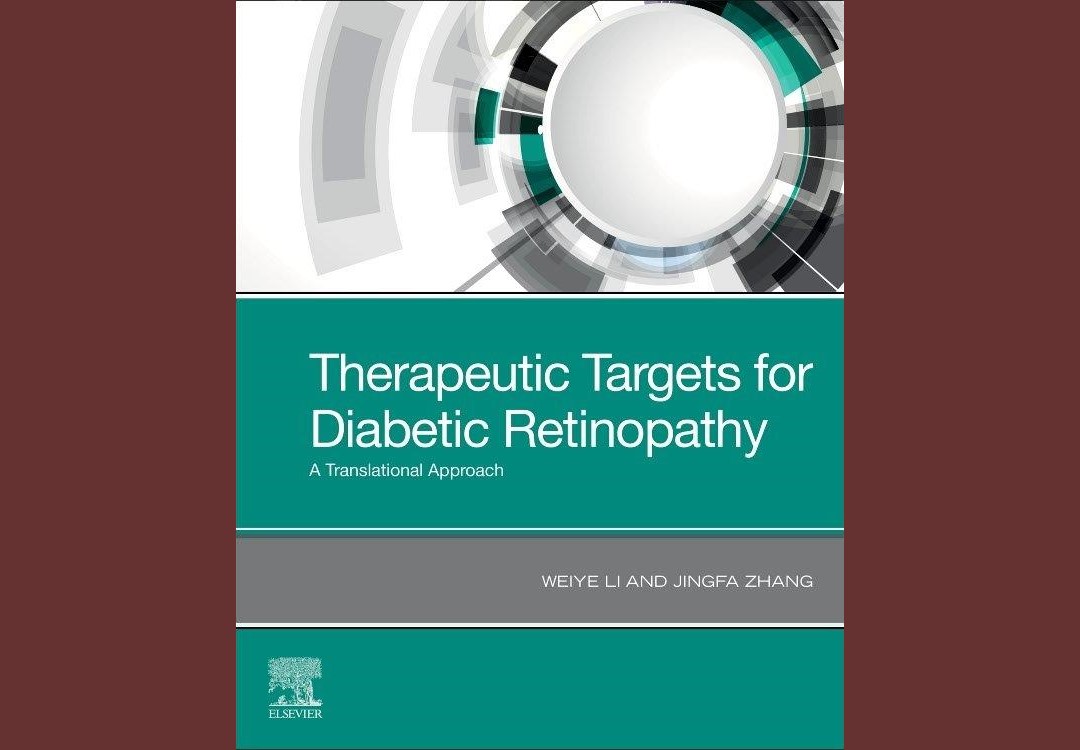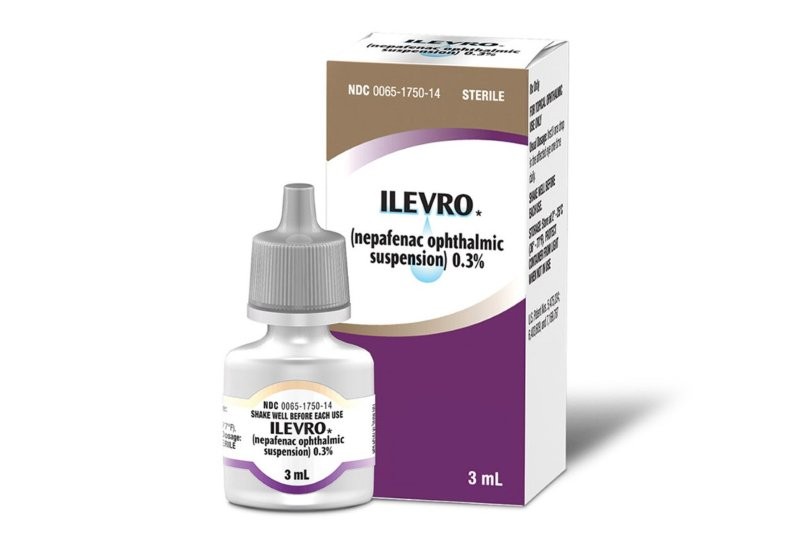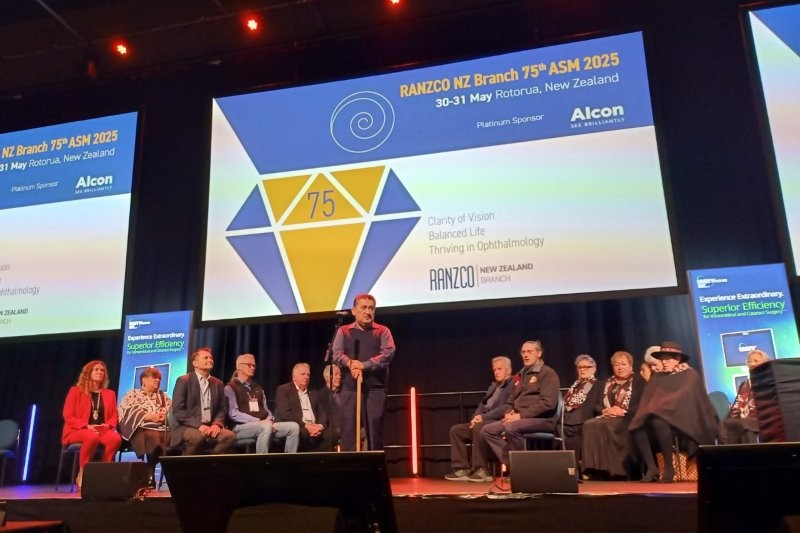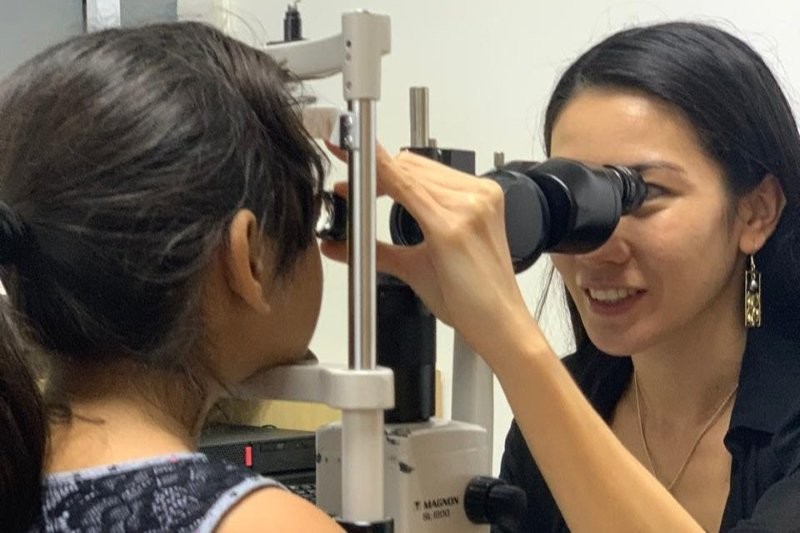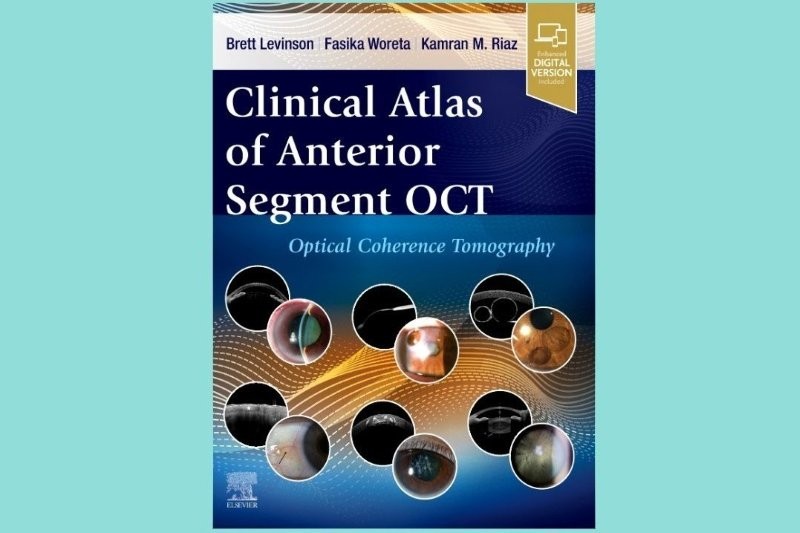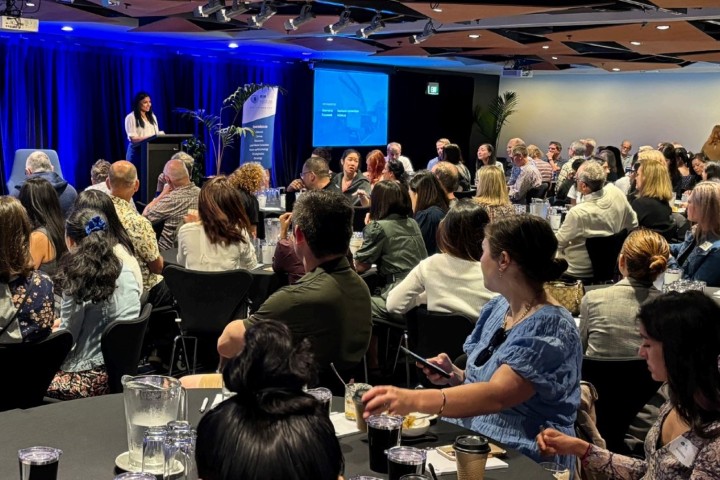Book review: Therapeutic Targets for Diabetic Retinopathy: A Translational Approach
It was a pleasure to review Therapeutic Targets for Diabetic Retinopathy: A Translational Approach (first edition). Authored by Professor Weiye Li and Associate Professor Jingfa Zhang, the textbook has 10 chapters and presents an ophthalmic basic science summary of diabetic retinopathy from the voice of a clinician-scientist, with translation to current treatments available in clinical practice, as well as those on the horizon.
This is a very well-written text, leaving no stone unturned and delivering on the title. There is incredible detail covering the pathophysiology of diabetic retinopathy at the cellular and molecular level, with particular attention on the interplay of neurodegeneration and microangiopathy which is at the centre of this treatise. Nothing is left out or watered down; details matter, ensuring the book delivers a comprehensive evidence-based approach. Each chapter is written in journal style, offering points of succinct summary and supported by complementary diagrams, which are helpful when things get complicated.
There were a few chapters of particular note: the first was a good, concise introduction to diabetic retinopathy, pitched at the level of a junior clinician; the seventh and eighth, on proliferative diabetic retinopathy and diabetic macular oedema, were also really interesting, building on the scaffold of information from previous chapters. But for me, the reward was the ninth chapter, which pivots from previous chapters focusing on basic science to treatment targets, including both failed, current and future treatment directions.
This textbook allowed me to dive into the details of diabetic retinopathy at a deeper level than I’d previously been exposed to. It also highlighted future directions in this fast-moving field, where current treatment options appear to be just the tip of the iceberg. Many innovative treatments are being investigated and developed and this book captures their progress, whether that be in the lab, animal models, human trials, or at FDA approval level. I particularly found it interesting to learn more about Faricimab (dual pathway inhibitor of VEGF-A and Ang-2) which is generating a lot of interest and knocking on our door here in New Zealand. So there is lots to watch out for in this space!

Dr Dan Scott was junior clinical research fellow in medical retina (2023) and neuro-ophthalmology (2022) at the University of Auckland and is about to commence further ophthalmology training in Wellington.










